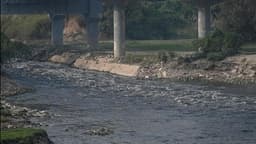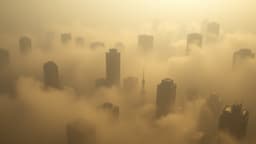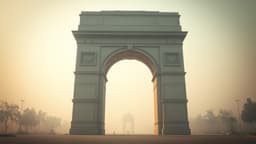Home / Environment / Delhi's Sewage Plants Fail Pollution Tests, Raising Alarm
Delhi's Sewage Plants Fail Pollution Tests, Raising Alarm
31 Oct, 2025
Summary
- All 37 sewage treatment plants in Delhi failed to meet discharge standards
- Bacterial contamination levels were up to 4.7 billion times the limit
- Contradictory reports from pollution control agencies raise concerns

A recent inspection by the Central Pollution Control Board (CPCB) has revealed a troubling situation regarding Delhi's sewage treatment facilities. According to the findings, which were part of a Right to Information (RTI) reply issued on October 24, 2025, none of the 37 sewage treatment plants (STPs) run by the Delhi Jal Board (DJB) were able to meet the prescribed discharge standards during the June 2025 inspection.
The CPCB's assessment found that the plants failed to comply with key parameters such as Biochemical Oxygen Demand, Total Suspended Solids, Ammoniacal Nitrogen, and Faecal Coliform. Particularly alarming was the level of bacterial contamination, with some plants recording Faecal Coliform levels as high as 4.7 billion MPN/100 ml, when the permissible limit is just 230 MPN/100 ml.




